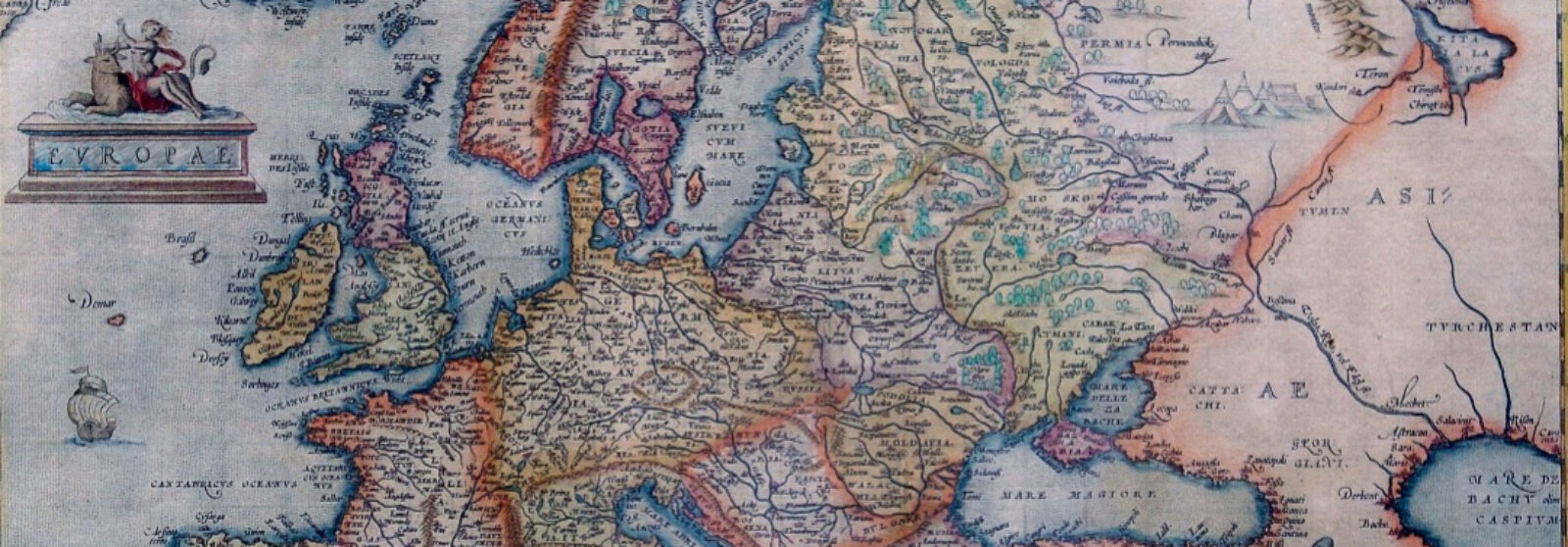Multilingualism
Polyglot Plots: European Multilingualism and the Literary Bestseller 1517-1713
Linguistic diversity is a fundamental entry point for studying incipient understandings of Europeanness in fictional narratives. The corpus narratives employed it to the fullest by including European languages as part of the story and(humorously) reflecting on them and by inventing fantasy languages based onEuropean tongues. In addition, a particularly relevant category of texts within the main corpus is comprised of the multilingual editions of some of the titles, including Diego de San Pedro’s Cárcel de Amor and Juan de Flores’s Grisel y Mirabella. This subproject is based on the notion that especially the multilingual editions represent what Michel Simonin has termed ‘l’Europe des langues’, the period in which a wide variety of vernacular languages, including Spanish,French, Italian, German and Dutch, in addition to Latin, were used in spoken and literary form—not only widely across Europe, but also without there being a single dominating tongue. By presenting themselves as multilingual, these editions reflected and contributed to a sense of Europeanness.
This subproject addresses the main questions from a multilingual perspective: how did European diversity and mutual understanding manifest itself in the multilingual presentation of the editions as well as in the narratives’ fictional representations of multilingualism? To what extent is monolingualism problematized and how are polyglot characters and situations depicted? How is foreign language presented as a problem that can be overcome? How did multilingual editions present themselves in paratexts and in their material form as tools for language learning and what do they say about its importance? Building on existing examinations of polyglot fictional narratives, this project is the first to systematically investigate how these works presentedEuropean linguistic diversity as an inherent aspect of an early modern shared sense of Europeanness.

